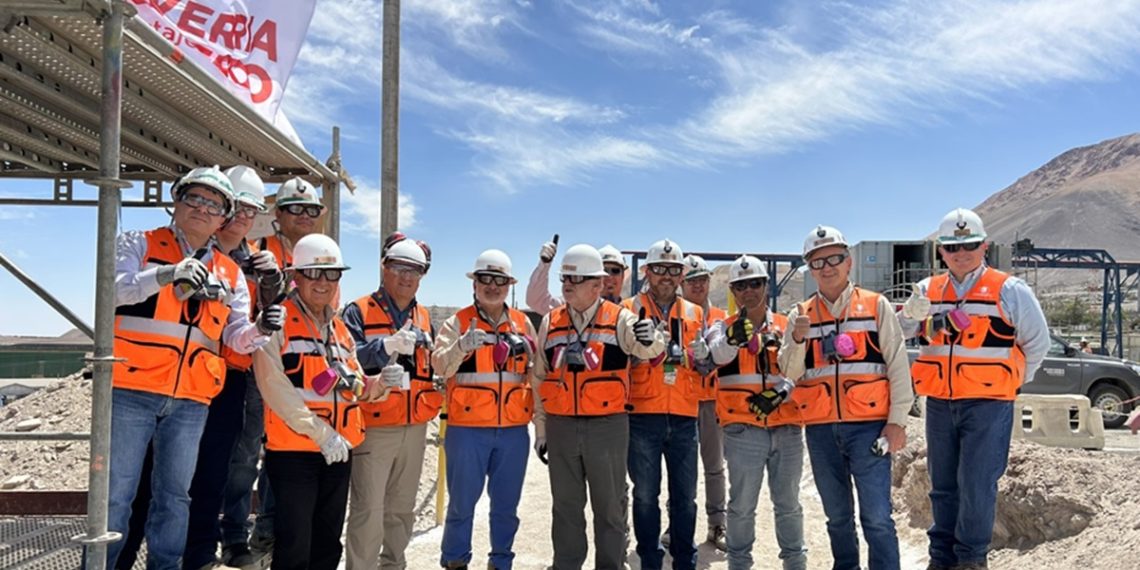Chilean state-owned mining company, Codelco, announced last week that it will begin production at its Rajo Inca copper mine in the first half of 2024.
Located in the Atacama region of northern Chile, the US$2.4B project is anticipated to enhance production and extend the life of Codelco’s Salvador division (its smallest and least profitable mining centre) for another 47 years.
Codelco, the global leader of copper production for nearly half a century, intends to replace the existing infrastructure at the division. Currently, there are three pits and one underground mine on site, with plans for a single pit through the Rajo Inca project.
This transformation is expected to result in a 40% increase in average copper grades all while expanding the division’s processing capacity.
In recent years, Salvador’s copper production has experienced a decline, with only 13K metric tonnes in 2023 compared to 32.1K metric tonnes in 2022 and over 50K metric tonnes in 2021.
The introduction of Rajo Inca would change things, with the Rajo ore going into Salvador’s concentrator plant slated to commence in the latter half of this year.
“We have reviewed the development and progress of the project, along with the risks we have faced in its execution…,” commented Codelco chairman, Maximo Pacheco, after a recent visit to site. “We need this Salvador (division) to be successful with Rajo Inca – a complex initiative full of challenges which has presented difficulties – but we have been overcoming them.”
During the visit, both Codelco CEO Ruben Alvarado and Pacheco praised the dedication and resilience of the workers in overcoming these challenges.
Rajo Inca forms part of Codelco’s broader strategy to modernize its aging mines, many of which have been in continuous operation since the early 20th century. However, the company has encountered delays and cost overruns, Rajo Inca included, resulting in a decline in total production to 1.425M metric tonnes in 2023, the lowest numbers in over two decades. Construction of Rajo Inca began in 2021, but complications arose during the operation to remove overburden, leading Codelco to sever ties with the consortia responsible for the project and postponing production until H1 2024.











